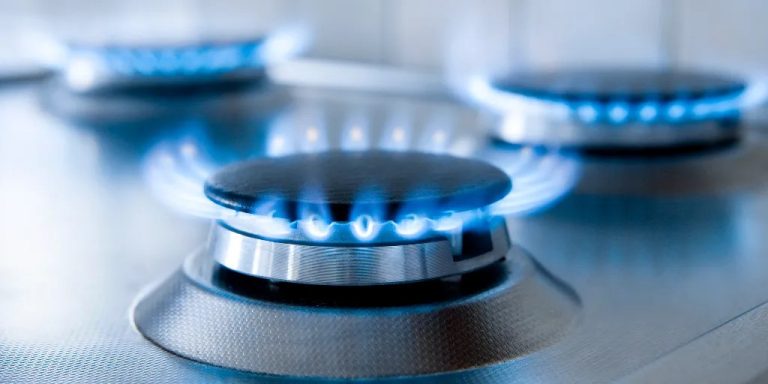Tim Benson
The American Legislative Exchange Council’s (ALEC) draft model legislation, which describes itself as a “common-sense energy agenda for the future,” has become official model policy.
The Affordable, Reliable, and Clean Energy Security Act (Energy Security-ARC) states: “Energy security is critical to economic growth. Affordable, reliable, and clean energy security brings prosperity to our families and communities . The bill was drafted by ALEC's Energy, Environment and Agriculture Working Group.
According to ALEC, draft model policies such as Energy Security-ARC submitted by members “are discussed, debated and voted on by members of ALEC working groups.” Policies that receive final approval from legislators on the ALEC Board of Directors will become ALEC's official model policy. The model policies will then be distributed to policymakers across the country in hopes of eventually being introduced and adopted by state legislatures.
Energy Security-ARC has four parts. Article 1 calls for energy security, declaring that fuel sources “must be produced primarily within the United States” and that “the infrastructure required to deliver energy to customers should minimize reliance on foreign critical materials or manufacturing.”
According to the U.S. Energy Information Administration, the United States imports approximately 8.51 million barrels of oil per day, of which 76% (6.48 million barrels) is crude oil. About 52% of U.S. oil imports come from Canada, with another 11% from Mexico, 5% from Saudi Arabia, 4% from Iraq, and 3% from Brazil. Almost all of the natural gas imported into the United States comes from Canada.
The second part deals with affordability, stating that “affordable” energy must “have a stable and predictable cost,” be cost-effective and low-cost compared to other forms of energy resources, and be “available 24/7” . “Renewable” energy sources such as wind and solar do not meet these standards.
The third section deals with reliability, stating that for an energy source to be considered reliable, it must be “capable of meeting energy demands at all times, 24/7, with minimal disruption during periods of high usage” and, when used to generate electricity, must have “minimum “The capacity factor is 50%. It must be able to dispatch power output at any time and be able to “increase or decrease power generation within an hour” to stabilize the power grid. The resource must also be able to “replenish and provide backup for renewable energy during periods of lower availability.”
Part IV states that the energy must be clean; it defines “green” energy as resources that “release reduced air pollutants,” are produced by nuclear reactors, or are produced from natural gas.
Energy costs have risen significantly under the Joe Biden-Kamala Harris administration. Biden's energy policies have caused costs to rise by $2,548 since 2021, according to a recent analysis by the Heartland Institute. %, and natural gas prices rose by 32%.
“It’s important that state legislators fully understand the challenges facing their electric grids,” said Cameron Sholty, executive director of Heartland Impact, an advocacy arm of the Heartland Institute. , and be prepared for dialogue and policy ideas, as these challenges will not fade with new technologies such as electric vehicles [electric vehicles] and data center expansion operations.
He continued: “Countries can be part of the solution, become national and regional leaders, and can play a key role in ensuring their countries’ long-term geopolitical and economic security.”
“The rapid rise in energy prices is no accident. It is the foreseeable result of Biden's war on abundant, affordable and reliable energy,” Heartland analysis pointed out.
“Although his climate agenda has directly contributed to sharp increases in energy prices, the Biden administration does not appear to be bothered by the harsh reality that rising energy prices are making life more difficult for the vast majority of Americans.”
Tim Benson is a senior policy analyst at the Heartland Institute, a national free-market think tank headquartered in Arlington Heights, Illinois.
ALEC is “the largest nonpartisan, voluntary membership organization of state legislators in the United States, committed to the principles of limited government, free markets, and federalism.” Its Energy, Environment, and Agriculture Working Group “operates under the principles of free market environmentalism. . . Promote mutually beneficial links between a strong economy and a healthy environment, unleashing the creativity of free markets in environmental management to improve the quality and use of natural and agricultural resources for the benefit of human health and well-being.
This article was originally published by RealClearEnergy and provided via RealClearWire.
Relevant
